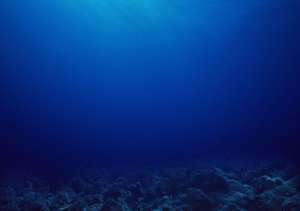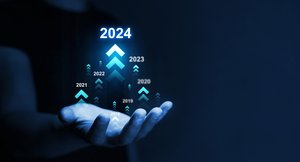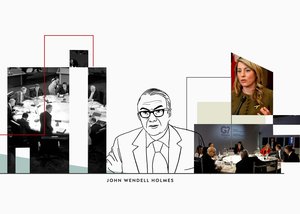Everyone is aware of off-shore oil rigs; these platforms drill down underwater for valuable resources just off the coast of many nations. But, deep in the ocean beyond national aquatic boundaries lies an abundance of natural resources such as gold, copper, manganese and zinc. State-sponsored companies are surveying and staking claim to these resources, but so far, no one has been granted approval to begin extracting them.
The International Seabed Authority (ISA) — the governing body that oversees all activities in international waters (known as the Area) — is currently developing regulations for the extraction of marine minerals. Rules and procedures that govern liability for damage arising from mining activities will be crucial aspect of this regulatory framework.
Who is responsible when an environmental disaster occurs as a result of mining activities?
To assist in clarifying these legal issues of responsibility and liability, the Centre for International Governance Innovation (CIGI), the Commonwealth Secretariat and the Secretariat of the International Seabed Authority established the Liability Issues for Deep Seabed Mining project. Under the direction of Neil Craik (CIGI), Hannah Lily (Commonwealth Secretariat) and Alfonso Ascencio-Herrera (ISA Secretariat), this project seeks to provide a foundational understanding of key questions surrounding the further development of liability rules.


